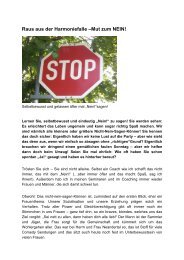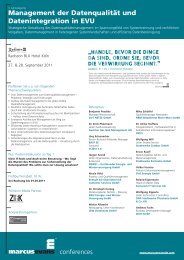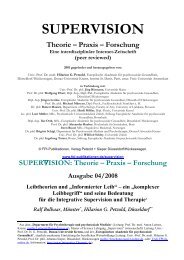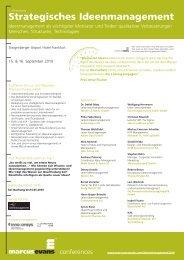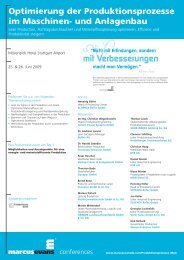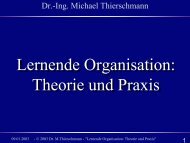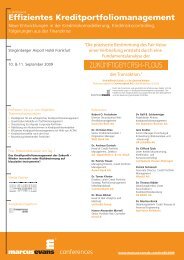Ilia Chavchavadze - brainGuide
Ilia Chavchavadze - brainGuide
Ilia Chavchavadze - brainGuide
You also want an ePaper? Increase the reach of your titles
YUMPU automatically turns print PDFs into web optimized ePapers that Google loves.
Summary<br />
them suppose that the origin of the state is based on our need, but differently<br />
from I. <strong>Chavchavadze</strong>, Plato means here mainly material needs,<br />
i. e. he explains the reason for the emergence of the politically organized<br />
society chiefly by man’s „corporal nature“. This point of view found its<br />
development even earlier, namely with Socrates, opposite to which in<br />
Aristoteles’ philosophy it is already subjected to criticism. At the same<br />
time, Aristoteles inclines to the opposite extreme: The phenomenon concerned<br />
takes here its rise only from man’s „spiritual nature“ resp. from<br />
psyche of man, from the specificity of common mentality. From his point<br />
of view, the objective side of the problem is a less relevant, principally<br />
secondary reality.<br />
At first sight, there is nothing unacceptable in Aristoteles’ supposition,<br />
but if we confront it with the practical dimension, we come across<br />
some important contradictions. First of all, if the primary cause for the<br />
origin of the state consists in the man’s psychic nature, in his psychological<br />
characteristic, there must be given a strict regularity of this process,<br />
which means its simultaneousness in all independently from one<br />
another developed societies. And this does not correspond to the historical<br />
reality. Secondly, it were not possible for the societies without any political<br />
system to coexist in the long run with politically organized societies,<br />
since in such a case the members of the first ones are even direct witnesses<br />
of a state organization, to which them, as Aristoteles says, pushes<br />
„the instinct of life“. But even nowadays, in many parts of the world, lots<br />
of politically unorganized communities keep existing, which have no<br />
wish to integrate in the surrounded society with political construction.<br />
The main thing in discussing case is the fact that Aristoteles’ point of<br />
view is as different from I. <strong>Chavchavadze</strong>’s conception, as Socrates’ and<br />
Plato’s views, only by the reversion of categorical accent.<br />
According to Feuerbach, uniting people as a politically organized<br />
society is conditioned by their „free will“, which is constrained neither by<br />
„spiritual“ nor „corporal“ nature of individual. At the same time, this con-<br />
124



